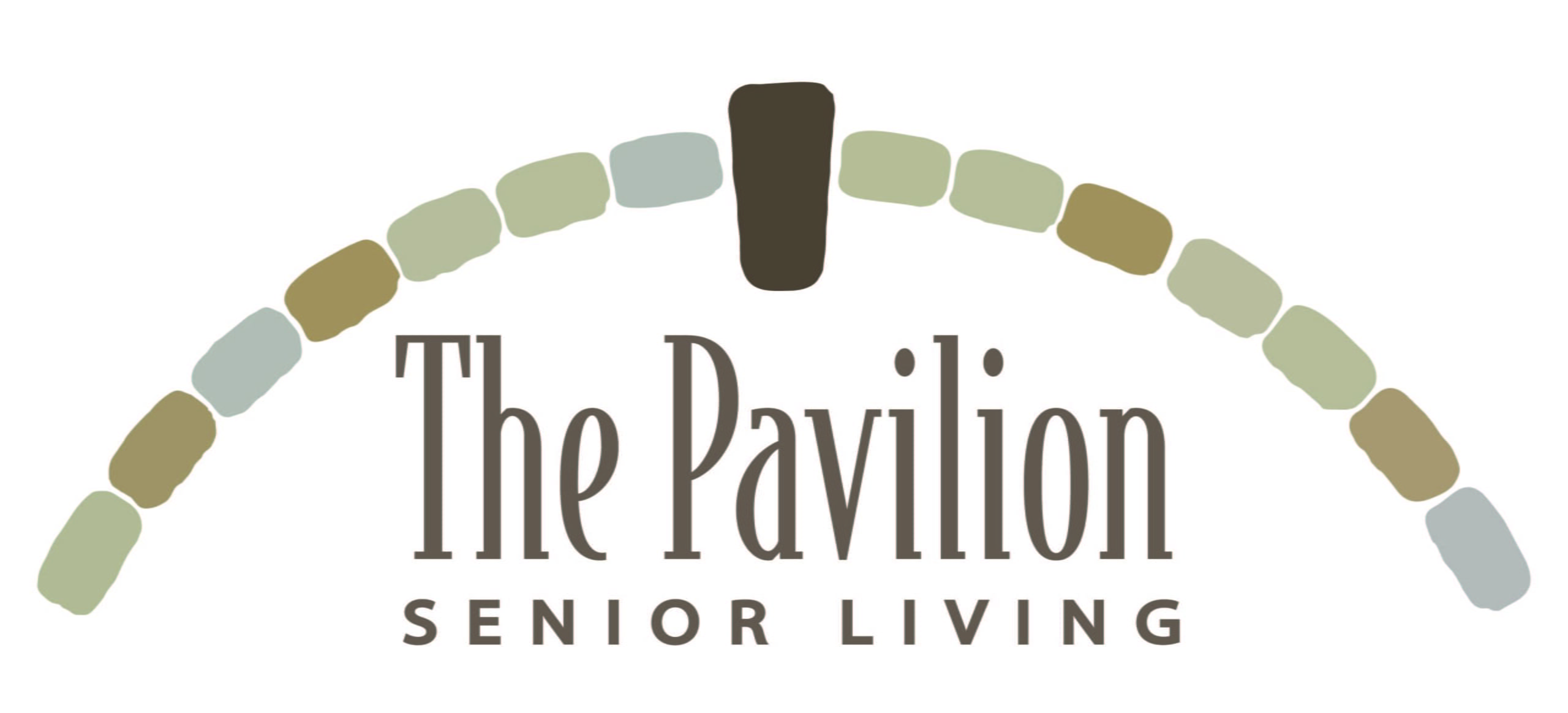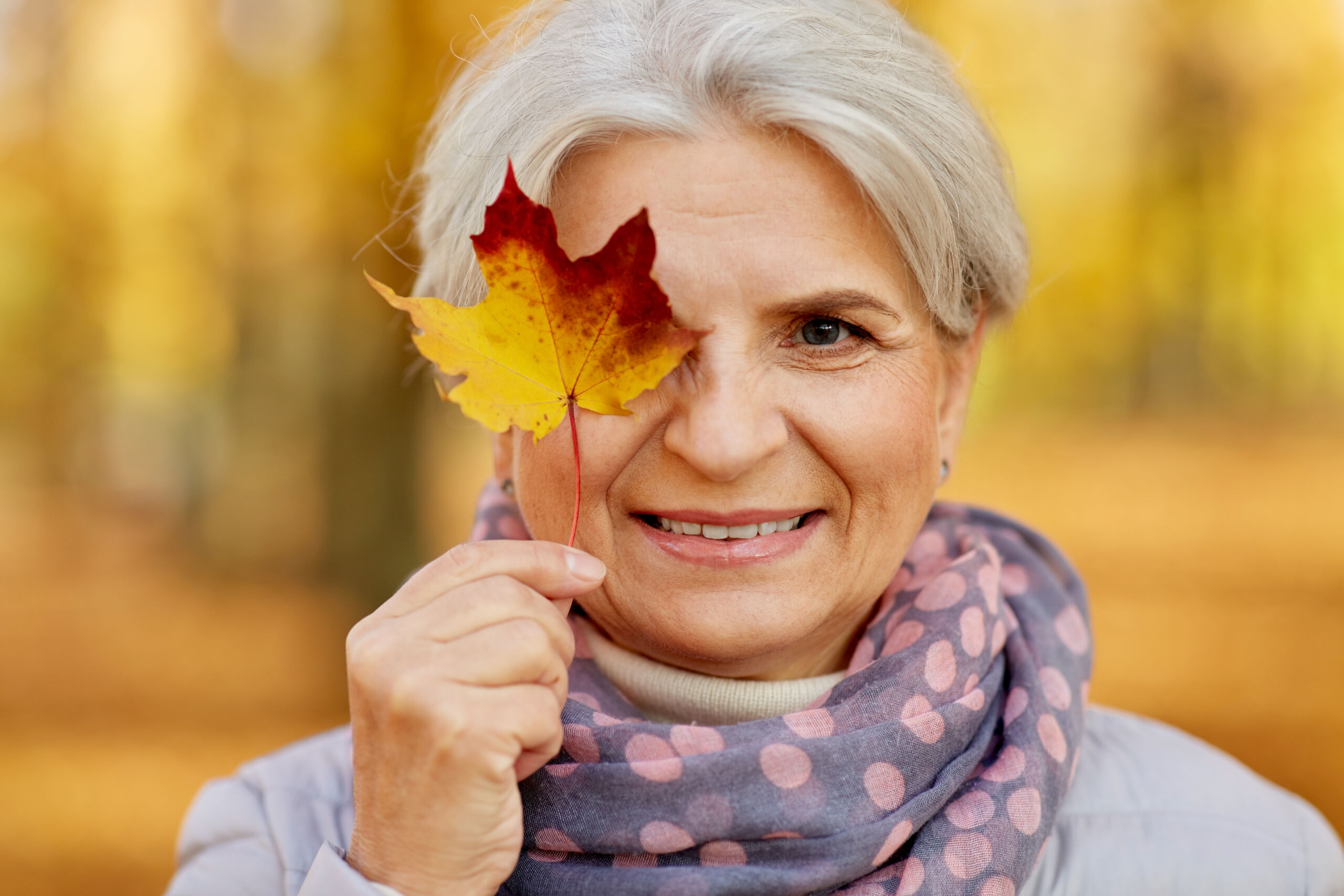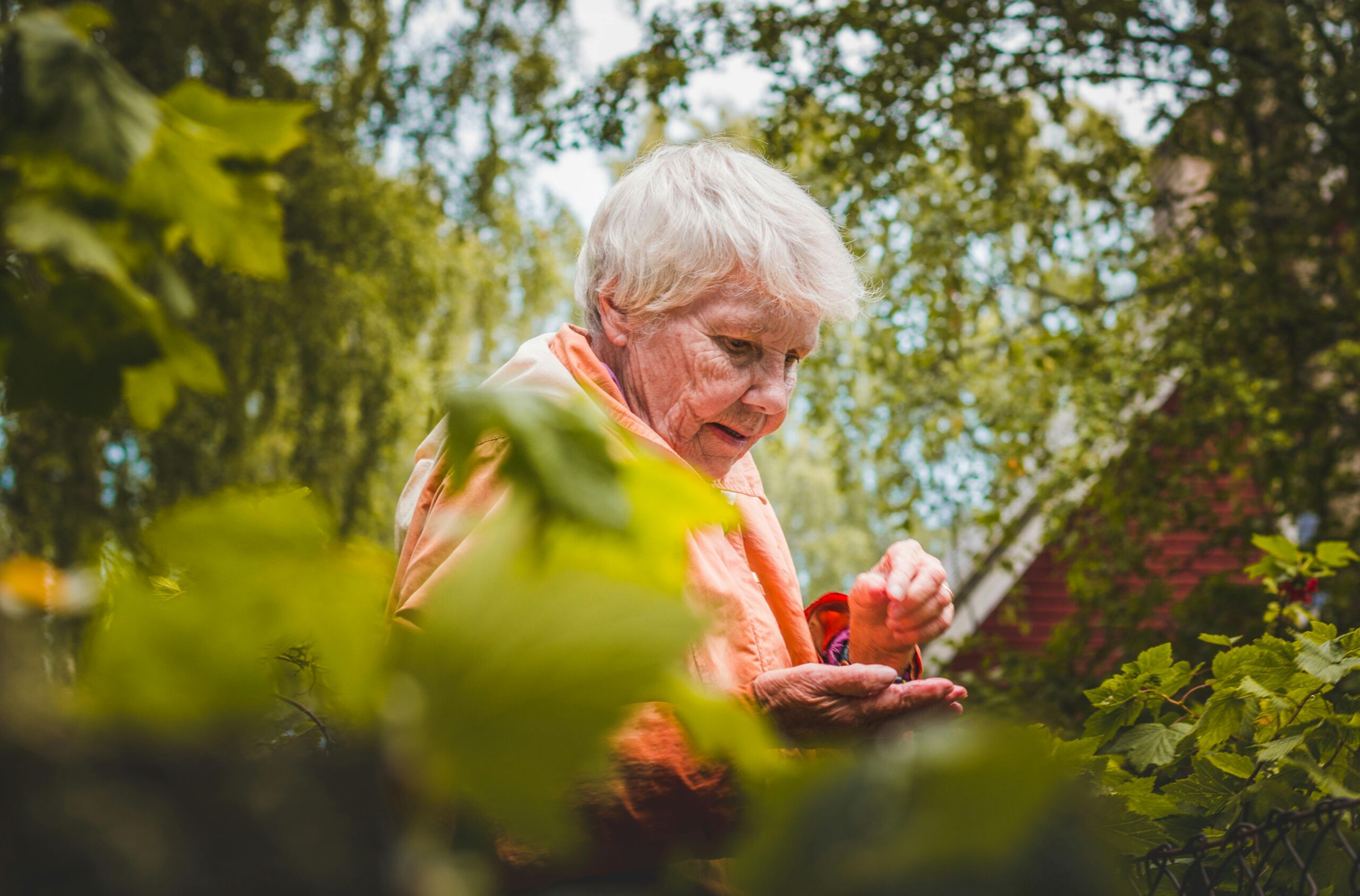The winter months are upon us, and while that means cooler temperatures, it also means taking extra precautions to protect your health and wellness – including your lungs.
We naturally get bundled up when we go outside in cold temperatures to stay warm and protect our skin from exposure to the elements, but the extreme cold can also impact other organs in the body.
For individuals living with respiratory complications, the cold air can impact breathing and cause spasms in the lungs that may lead to symptoms such as breathlessness, coughing, wheezing, or tightness in the chest. This makes it especially important to take precautions during the winter months.
According to the Forum of International Respiratory Societies, “COPD, asthma, acute lower respiratory tract infections, TB and lung cancer are among the most common causes of severe illness….worldwide.” Because so many individuals are affected, The Pavilion Senior Living wants to make sure you are taking care of your lungs. Below, we share tips on how you can protect your lungs and promote lung health during the winter.
Tips for Protecting Your Lungs
Cover Your Nose and Mouth
Many people wear a scarf around their neck when they go out in the extreme cold, but pulling it up or wearing a separate face covering over your nose and mouth can help protect your lungs too.
By covering your nose and mouth, you are giving the air you breathe in a chance to warm up before it enters your lungs; the warmer the air, the less irritation in your lungs.
Breathe Through Your Nose
While it may not seem like much of a change, breathing through your nose rather than your mouth can make a significant difference when it comes to protecting your lungs from the cold air. By doing so, you are limiting the direct contact of the cold air to your lungs and allowing it more time to warm up as well.
Avoid Exercising Outside
In some case, exercising outdoors in cold weather can do more harm than good for your body. Of course, it is important to stay active, but the cold air causes your body to internalize its heat, increasing the risk of hypothermia and frostbite.
The Pulmonary Associates state, “the frigid air burns your lungs and increases your risk of respiratory infection…Even further, the cold increases your blood pressure, putting you at a greater risk of cardiovascular disease.”
During exercise, you naturally breathe heavier, increasing the amount of cold air that goes into your lungs. Try to avoid the cold air by finding ways to stay active indoors.
Warm Up the Car
If possible, warm up the car before you set out on a trip. This can help your body warm up quicker and provides a convenient reprieve from the cold air you had to breathe in on your walk to the car.
To go one step further, park your vehicle in a garage. If this is a possibility for you, it will help keep your car warmer. Additionally, parking in a garage prevents you from having to remove ice and snow from the vehicle. Snow and ice removal only add to your time in the cold air, and this task may cause you to overexert yourself.
Keep Yourself Healthy
With the cooler temperatures comes cold and flu season, and getting sick will only irritate your lungs further. A vital part of taking care of your lungs is being proactive in protecting yourself from getting sick by:
- Washing your hands often,
- Avoiding people who you know are sick,
- Maintaining a healthy, balanced diet,
- And getting enough sleep.
If you are currently prescribed a rescue inhaler or other medications, be sure to keep them handy and use them as your doctor has suggested.
The winter season may require you to take extra precautions, but these tips can help you stay safe and protect your lung health. As a senior living provider in Tennessee and West Virginia, The Pavilion Senior Living offers services and amenities to help individuals stay healthy and active all year round.
To learn more about our communities and how we can enhance your quality of life, contact The Pavilion Senior Living today or visit our website.




